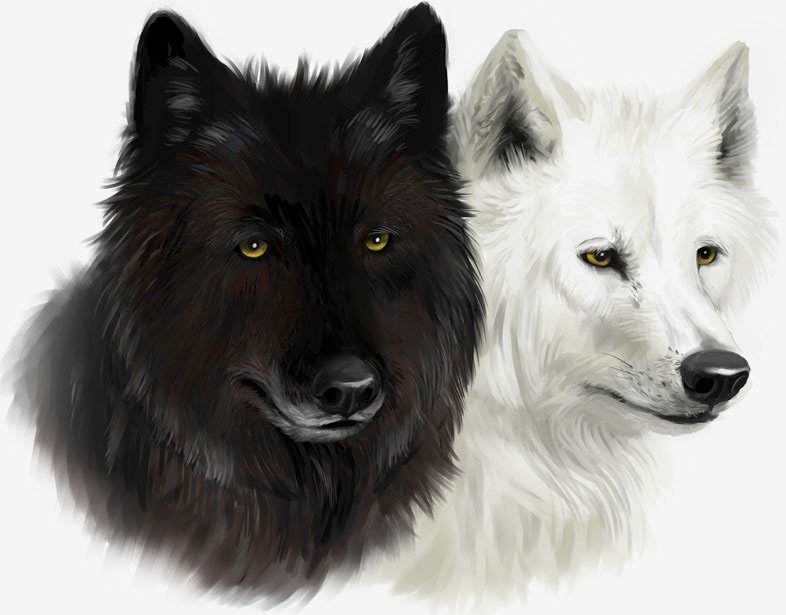A Look Into One Part of the Dichotomy of Leadership
I recently nearly tripped over a twist to a parable on self-mastery and self-control that caused me to pause and spend some time in contemplation. Here are some thoughts on the parable that I hope you find insightful.
The Two Wolves: A Deeper Look into Self-Mastery
One widely shared parable is the story of the two wolves, often attributed to the Cherokee. In it, an elder describes a fight between two wolves inside every person. One wolf represents negative qualities—anger, envy, ego—while the other represents positive qualities—joy, kindness, and compassion. When asked which wolf will win, the elder simply replies, “The one you feed.” This powerful story is a direct call to intentionality. It teaches us that we are not helpless observers of our inner world, but active participants who shape our character with every choice we make. In a leadership context, it’s a reminder that we choose to feed the wolf of integrity, empathy, and courage with our daily actions and decisions.
The Reality of the "Starving" Wolf
A lesser-known but equally profound version of the story adds a critical layer of wisdom. In this retelling, the grandson asks which wolf will win, and the elder responds, “If you feed them right, they both win.” He goes on to explain that starving the negative wolf doesn't eliminate it. Instead, it makes it angry, dangerous, and more likely to hide and ambush us when we are at our weakest. This version of the parable moves beyond simple choice and into the complex reality of self-management. It suggests that we can’t simply wish away our negative traits or emotions. True self-mastery is not about suppressing our shadows but about acknowledging, understanding, and integrating them. We can’t just feed our kindness; we must also find healthy ways to manage our anger, frustration, and fear, preventing them from festering and causing harm to ourselves and those in our care.
The Two Wolves in Leadership: A Case Study
The tension between these two parables is a real-life challenge for leaders. Consider two different historical approaches. One could argue that President John F. Kennedy's famous "Ich bin ein Berliner" speech, delivered with a sense of hope and solidarity, was an example of feeding the good wolf. He chose to amplify the message of freedom and alliance, empowering others through a vision of unity rather than fear. On the other hand, the legacy of someone like General Patton, known for his relentless drive and sometimes explosive temper, is an example of a leader who may have managed a "starving wolf." While his temper was a weakness, he often channeled that intense passion and aggression to achieve decisive military victories. He did not suppress the negative wolf, but rather, he harnessed its raw power for a greater good. The key is that he managed that power, rather than letting it run wild.
For us, the lesson is clear: your journey is not just about what you choose to become, but how you choose to manage all the parts of who you are. The most effective leaders do not deny their negative impulses; they understand them and prevent them from undermining their positive intentions. This dual approach to leadership, embracing both intentionality and self-management, is a step that puts us on the true path to wisdom.

